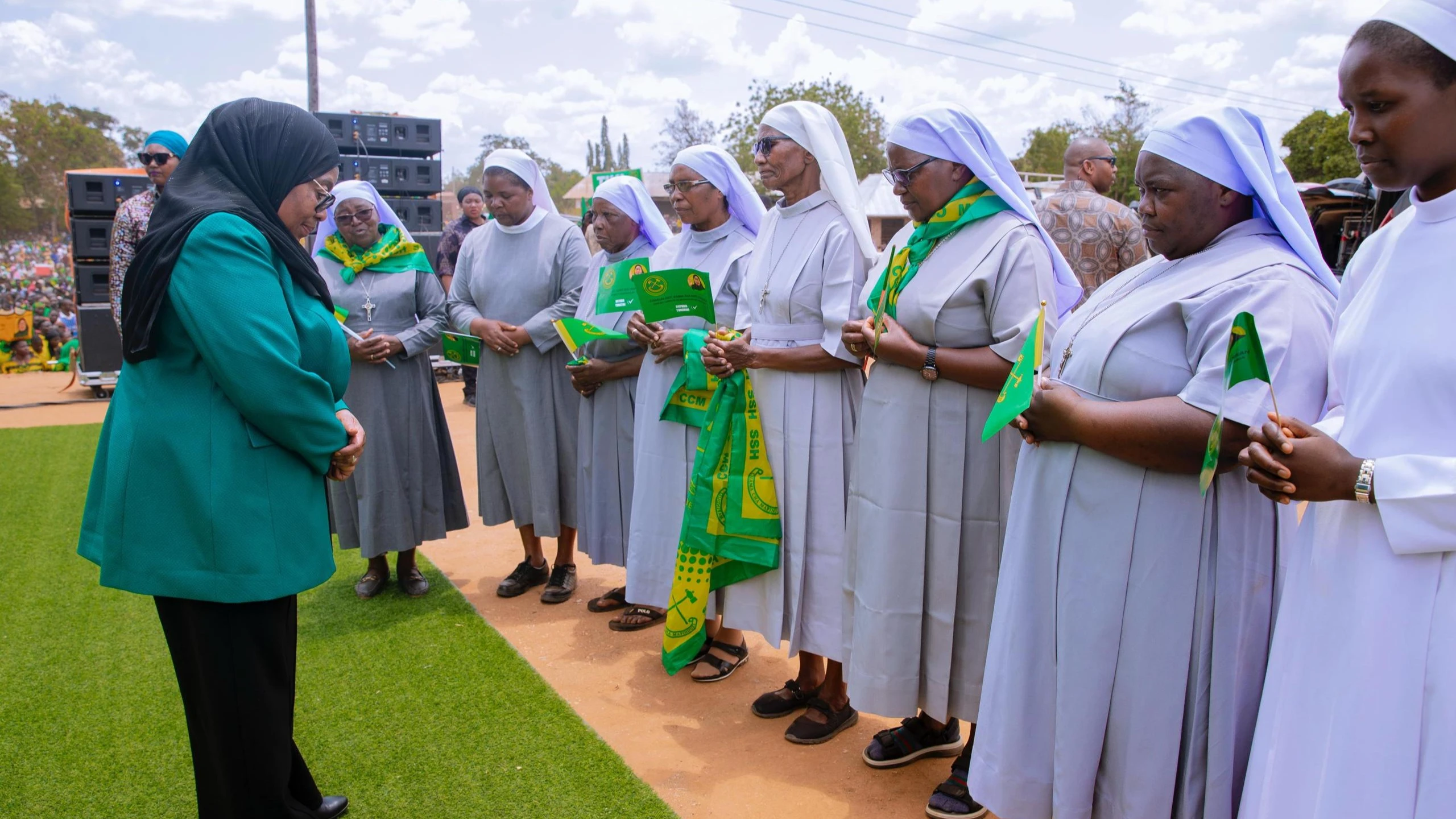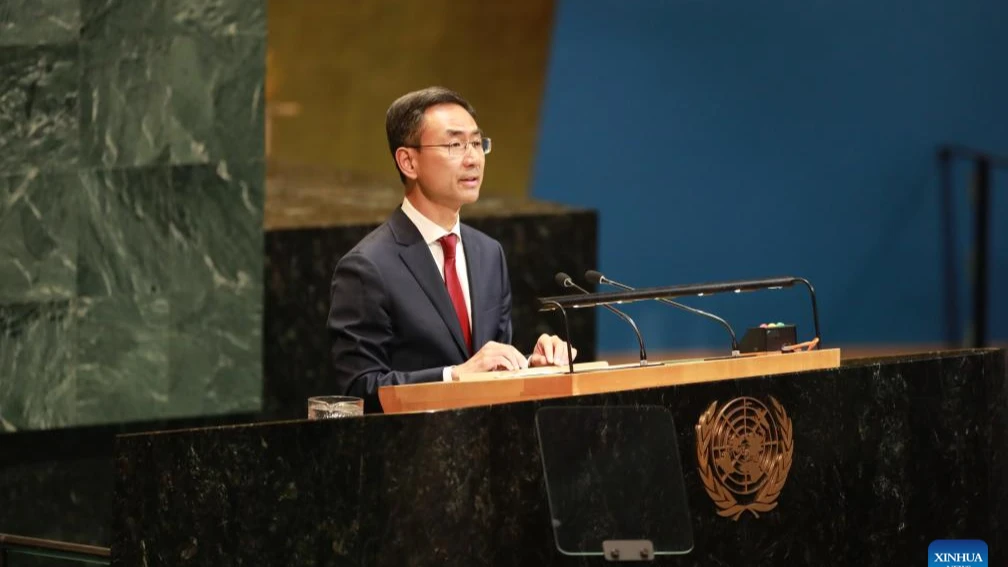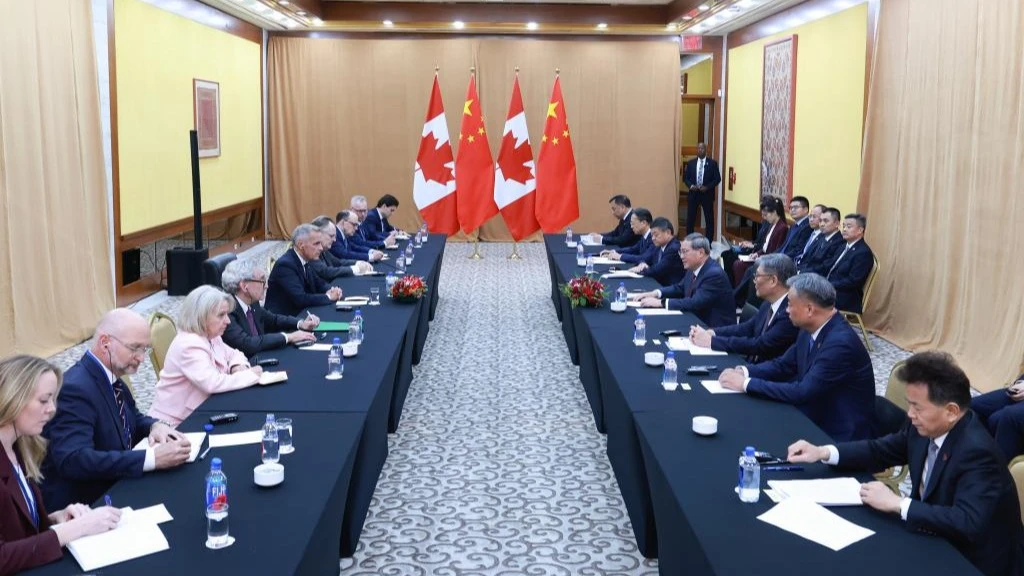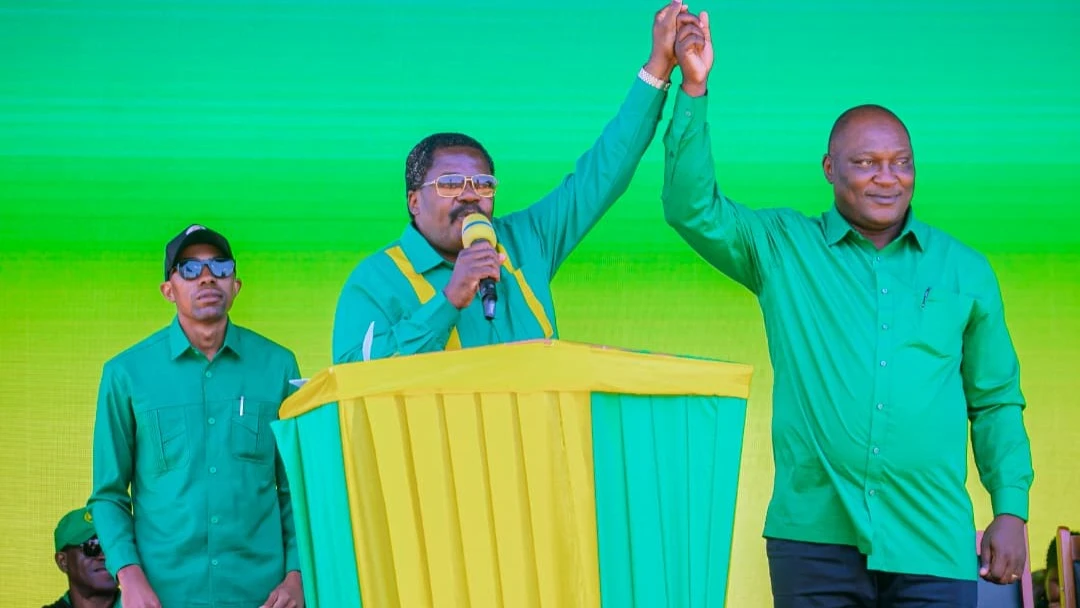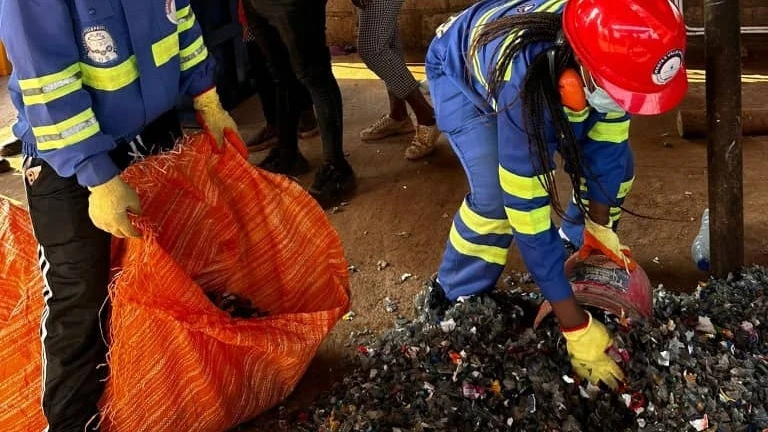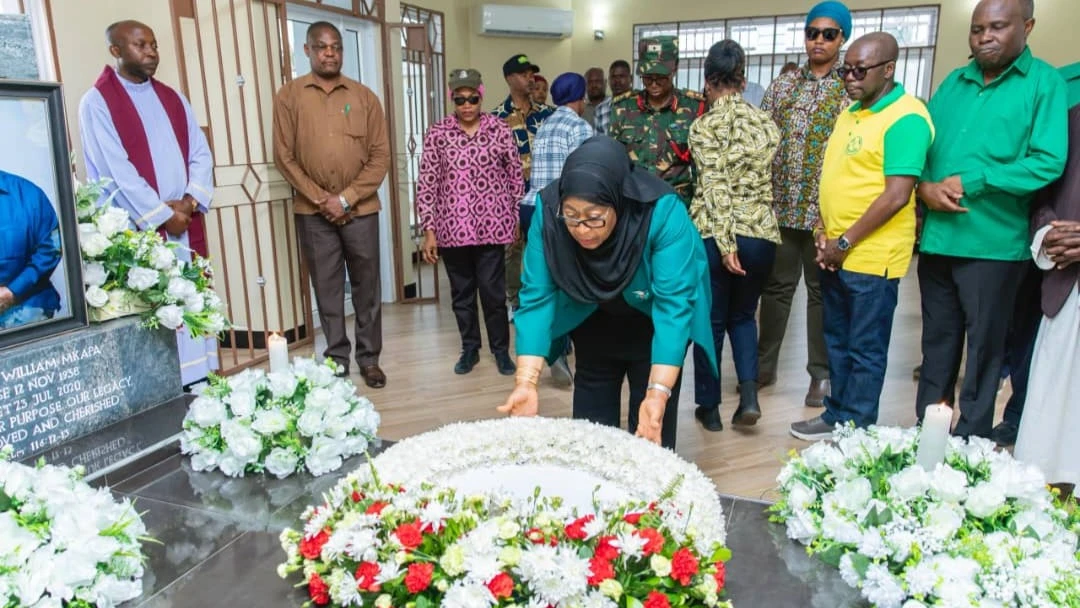Waste for value: Youth, women and PWD driving a circular economy in Morogoro
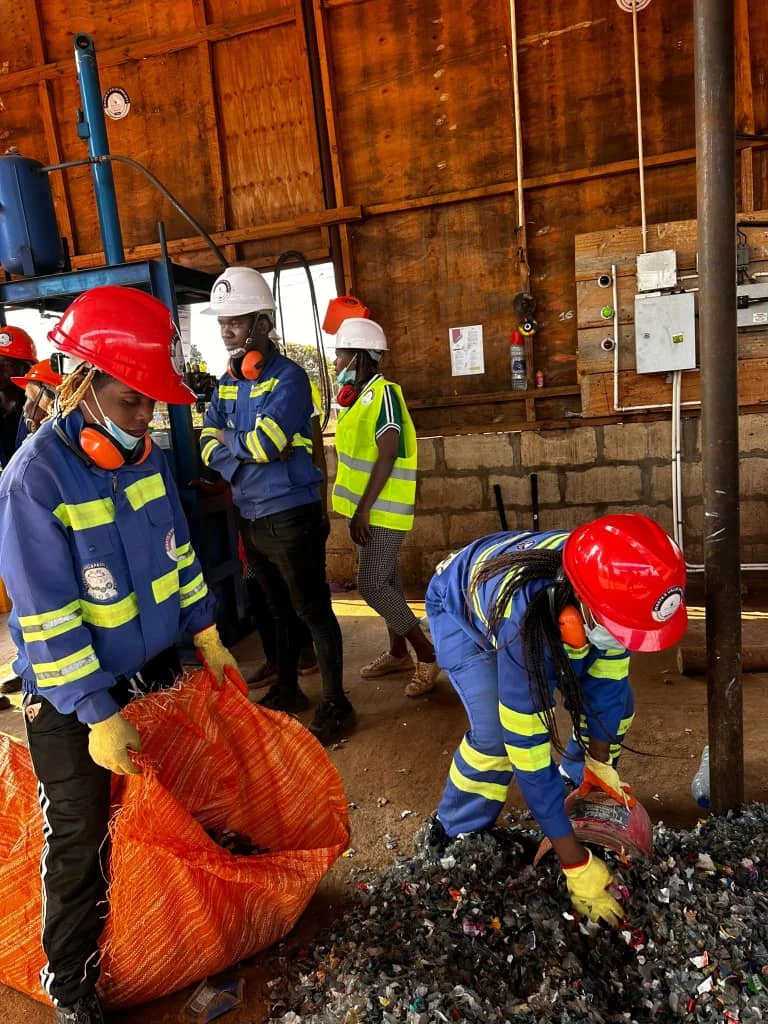
WHILE many young people across Tanzania complain about unemployment, an inspiring group of youth, women and persons with disabilities in Morogoro Region are proving that challenges can be turned into opportunities.
Through the Waste for Value Project, they are creating jobs, protecting the environment, and advancing a circular economy by transforming waste into valuable resources.
The initiative, launched in 2024, is designed to address two pressing challenges simultaneously: rising unemployment and poor waste management. By collecting, sorting, and recycling waste, members not only generate income but also contribute to environmental protection and improved public health.
Implemented by Norwegian Church Aid (NCA) in collaboration with Devotional and Dedicated Services Community Development Organization (DDSCDO) under the Anglican Diocese of Morogoro, the project is supported by local authorities and communities. It has quickly become a model of how grassroots innovation and strategic partnerships can drive social and economic transformation.
Tackling a growing global challenge
According to the World Bank, the world generated an estimated 2.24 billion tonnes of solid waste in 2020. Projections suggest this figure could soar to 3.88 billion tonnes by 2050, a 73 percent increase. For developing countries like Tanzania, managing this growing waste crisis poses serious environmental, health and economic risks.
Against this backdrop, the Waste for Value Project demonstrates that waste is not merely a problem but a potential resource. By turning discarded plastics, paper, and metals into products that recycling industries can use, the initiative contributes to both cleaner cities and greener livelihoods.
Lives transformed through waste
For many project members, the initiative has been nothing short of life-changing. Rashda Shaban, a mother of two, recalls the struggles she faced before joining the project.
“Before the project, I was living a difficult life. There were times I couldn’t afford food because I had no income. I was among the jobless youth on the streets, complaining about unemployment,” she explained.
Today, Rashda earns enough to pay her children’s school fees, cover family essentials, and even save for the future. Her story mirrors that of many others who have shifted from dependence to independence through the project.
Similarly, John Sponda, a machine operator with the project, highlights its inclusivity. Waste is collected from diverse groups including widows, survivors of drug addiction, and people with disabilities. Together, they process about 800 kilograms of plastic waste daily.
“With better technology for processing and cleaning plastic, we could handle much more,” Sponda noted, emphasizing the potential for expansion if resources allow.
From collection to industry
The project’s operations follow a structured process: Waste is collected and transported to the production area. It is sorted and segregated using specialized equipment. The processed waste is sold to recycling industries in Dar es Salaam.
This system not only generates income but also contributes to cleaner streets, reduced pollution, and lower health risks associated with unmanaged waste.
NCA’s broader impact in Morogoro
The Waste for Value Project is part of NCA Tanzania’s broader commitment to economic development, food security, and social justice. Working through the Anglican Church Diocese of Morogoro (ACDM), NCA has implemented multiple initiatives across Kilosa, Mvomero, and Gairo districts.
These programs integrate cross-cutting themes such as Climate and Environmental Stewardship (CES), Fighting Inequality (FI), Peacebuilding (PB), and Gender-Based Violence (GBV). By strengthening community structures, they empower local people to actively participate in planning, implementing, and monitoring development efforts.
During a recent NCA Board visit to Tanzania, members witnessed firsthand the impact of these initiatives in Morogoro. Communities showcased how development programs have lifted households out of poverty, enhanced food security, and fostered resilience against climate change.
A strong partnership with the church
Acknowledging NCA’s role, Bishop Godfrey Sehaba of the Anglican Diocese of Morogoro described the partnership as transformative.
“NCA has provided support since 2016. This collaboration has been a cornerstone in our mission of community economic empowerment,” he said.
The bishop explained that together with NCA and other partners, the diocese has implemented critical projects such as GBV prevention, interfaith cooperation, and peacebuilding initiatives that have de-escalated community conflicts.
He emphasized the close collaboration with local governments across Morogoro Municipal, Kilosa, Gairo, and Mvomero, as well as interfaith networks and development organizations. Looking ahead, he expressed gratitude that NCA remains committed as the diocese embarks on new strategic priorities for 2025–2028.
Expanding reach and impact
According to Pius Ngirwa, Program Officer at ACDM, the Waste for Value Project has already reached over 34,000 people through awareness campaigns, community training, and school programs.
Beyond waste recycling, NCA and ACDM have implemented several other impactful programs:
Smallholders Economic Empowerment (2016–2019): Reached 3,673 direct and 9,500 indirect beneficiaries in Kilosa and Mvomero by promoting innovative farming, climate-smart practices, and financial literacy.
Climate Smart Economic Empowerment and Fighting Inequality (2020–2024): Reached 8,826 direct and 32,000 indirect beneficiaries, improving food security, climate resilience, and financial inclusion.
Food Security and Reduction of Hunger (2023–2024): Benefited 1,542 direct and 5,200 indirect beneficiaries, focusing on nutrition, hunger reduction, and equitable resource distribution.
Economic Development and Food Security Program (2025–2029): Currently ongoing, it builds on past successes to promote climate-smart agriculture, equitable growth, and sustainable livelihoods.
Support from local authorities
Local government has also embraced the project. Alex Roman, Environmental Officer for Morogoro Municipality, revealed that the council has allocated 10 acres of land for its implementation.
“This initiative not only cleans the environment and reduces plastic pollution but also conserves resources, creates jobs, and fosters inclusive, community-based solutions,” he explained.
A model for sustainable development
The Waste for Value Project illustrates how community-driven initiatives, when supported by strong partnerships, can deliver economic, social, and environmental benefits. By transforming waste into a source of value, Morogoro’s youth, women, and persons with disabilities are not only securing their livelihoods but also building a more sustainable future.
Their story stands as a beacon of hope for other regions grappling with unemployment and waste management challenges. With continued support, investment, and expansion, the initiative could inspire a nationwide movement toward a circular economy in Tanzania.
Top Headlines
© 2025 IPPMEDIA.COM. ALL RIGHTS RESERVED











